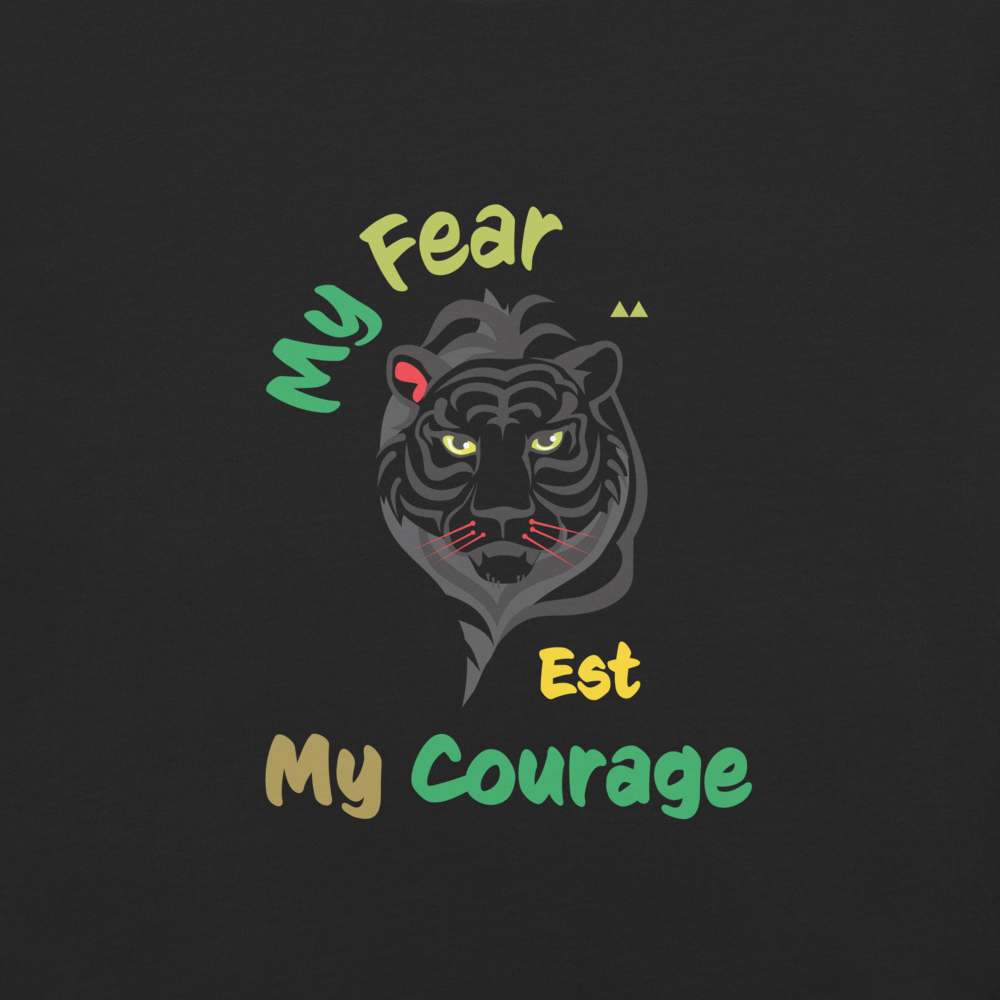
Medically reviewed by Elle Markman, PsyD
Complex post-traumatic stress disorder (CPTSD) is a mental health condition that develops in response to exposure to prolonged or repetitive traumatic events. CPTSD is closely related to post-traumatic stress disorder (PTSD). People with CPTSD experience symptoms similar to PTSD, along with three additional symptoms: negative self-concept, affective dysregulation, and difficulty with relationships.
The World Health Organization (WHO) in its 11th revision of the International Disease Classification (ICD-11) has identified CPTSD as a separate condition that is slightly different from PTSD. However, the Diagnostic and Statistical Manual of Mental Disorders, Fifth Edition (DSM-5), which is the standard diagnostic guide used in the United States, does not recognize PTSD and complex PTSD as separate conditions.
Complex PTSD often leads to personality changes and greater problems with day-to-day functioning as compared to PTSD alone. It can develop due to prolonged exposure to several types of complex trauma such as domestic violence, physical abuse, slavery, and others.
Along with the symptoms of PTSD, people with complex PTSD experience specific additional symptoms. First, we’ll discuss the symptoms it shares with PTSD.
Symptoms of PTSD
Symptoms of PTSD generally arise within 3 months of a traumatic event but can also arise later. To be characterized as PTSD, the symptoms must last more than a month and interfere with your daily life.
PTSD symptoms are broken down into four categories: avoidance; intrusions; cognition and mood alterations; and arousal and reactivity alterations.
Avoidance symptoms can have a significant effect on your day-to-day routine. As the name implies, they cause you to avoid certain aspects of your life. Symptoms of avoidance include:
- Staying away from people, objects, places, and activities that may trigger distressing memories of the traumatic event.
- Avoiding thinking about or remembering the traumatic event
- Feeling hesitant to talk about what happened or how you feel about it
Intrusions are characterized by unwelcome, repeated, involuntary thoughts. Symptoms of intrusion include:
- Experiencing repeated flashbacks of the traumatic event that can be so realistic you feel like you’re actually experiencing the event again
- Experiencing distressing thoughts related to the event
- Having realistic dreams about the event
Cognition and mood alterations can begin or worsen following the traumatic event. A few common symptoms include:
- Feeling detached from family members and friends
- Being unable to remember key parts of the traumatic event
- Having negative thoughts or distorted beliefs about yourself or others
- Having distorted thoughts about the consequences or causes of the event
- Experiencing ongoing feelings of anger, fear, guilt, or shame
- Being unable to experience positive emotions
- Losing interest in previously enjoyable activities
Arousal and reactivity alteration symptoms are most often constant and can lead to feelings of stress and anger. A few common ones include:
- Being irritable, often leading to angry outbursts
- Behaving in a reckless or self-destructive manner
- Being suspicious of your surroundings
- Getting startled quite easily
- Having difficulty concentrating or sleeping
Symptoms of CPTSD
In addition to PTSD symptoms, people with CPTSD are likely to experience one or more of the following symptoms:
- Affective dysregulation: Affective dysregulation is the inability to tolerate and regulate negative emotional states. It can lead to persistent or severe outbursts of anger, sadness, and suicidal thoughts.
- Difficulty with relationships: People with CPTSD have difficulty forming and maintaining relationships due to difficulties with trusting others, having distorted perceptions of others, and having a negative self-view. They most often have little interest in relationships or avoid relationship-building altogether—especially social engagements.
- Negative self-concept: CPTSD is associated with persistent feelings of being worthless, defeated, or diminished about oneself. These are often accompanied by feelings of failure, shame, or guilt.
Symptoms in Children
The reaction of children to traumatic events is different from those of adults. Children below 6 years of age may experience symptoms such as:
- Being unable to talk
- Acting out the traumatic event while playing
- Wetting the bed even after learning to use the toilet
- Being very clingy with a parent or another adult
The symptoms experienced by older children and adolescents are similar to those of adults. They can also develop disobedient or aggressive behaviors.
When to Contact a Healthcare Provider
You may be recommended to contact a mental health professional such as a psychologist or a counselor if you have been experiencing disturbing thoughts for more than a month, especially if these thoughts are gradually becoming severe and interfering with your daily life.
Mental health professionals may ask questions about your symptoms, medical history, mental health history, and recent exposure to any traumatic events to confirm the diagnosis of CPTSD. They may then recommend treatment approaches—such as therapy—that align with the severity of your symptoms and the traumatic event.
You can also contact The Substance Abuse and Mental Health Services Administration if you or someone is experiencing symptoms of complex PTSD. They can help to provide information about mental health services in your area.
Looking for Support?
Contact the SAMHSA National Helpline at 1-800-662-4357 for information on mental health support and treatment facilities in your area.
A Quick Review
Complex PTSD is a mental health condition classified under PTSD in the DSM that has additional symptoms such as difficulty with relationships, affective dysregulation, and a negative view of oneself. These symptoms can alter your personality and impair your ability to perform day-to-day tasks.
You may want to visit a mental health professional if you are experiencing symptoms of complex PTSD. They can help to find the best treatment plan according to the severity of your symptoms. If left untreated, CPTSD can lead to adverse outcomes, gradually leading towards permanent personality changes.
Frequently Asked Questions
What’s the difference in symptoms between PTSD and CPTSD?
PTSD and CPTSD share some common symptoms such as avoiding places or people associated with the traumatic event, experiencing recurrent flashbacks, mood and cognitive alterations, experiencing distressing thoughts or dreams about the traumatic event, as well as changes in behavior.
People with CPTSD experience three additional symptoms, which are negative self-concept, affective dysregulation, and difficulty with relationships. The symptoms of CPTSD are also most often more severe and can lead to permanent alterations to personality.
What are the 4 types of CPSTD you can experience?
Four common types of complex trauma that you can experience include prolonged domestic violence, physical or sexual abuse, extreme torture, and slavery.
How do you calm down from a CPTSD episode?
You can calm down from a CPTSD episode by:
- Talking to someone you trust
- Practicing relaxing muscle or breathing exercises
- Listening to quiet music
- Distracting yourself with soothing activities such as art
- Reminding yourself that you are safe and these are just memories
For more Health.com news, make sure to sign up for our newsletter!
Read the original article on Health.com.


























